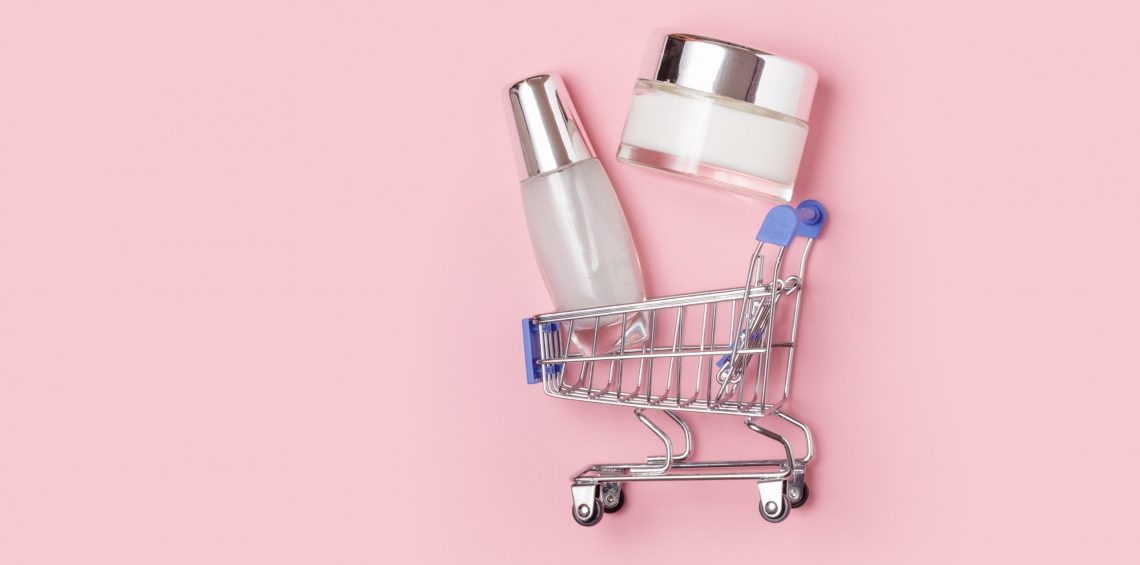The famed “Lipstick Effect” has made its way back into the cultural zeitgeist due to economic pressures on the beauty industry, and that is readily apparent in Coty Inc.’s Thursday earnings.
The conglomerate announced its eighth consecutive quarter of results, both in-line with and ahead of expectations. Fourth quarter sales increased by 10% year-over-year as reported and 16% on a like-for-like basis, to $1.17 billion, beating analysts’ average estimate of $1.14 billion. As a result, Coty ended fiscal year 2022 with reported sales growth of 15% and a like-for-like sales growth of 16%, above its original target of low-teens. Growth occurred across all channels, bucking some of the trends seen by rival companies like Estée Lauder Companies which experienced a sales decline in China in the fourth quarter.
“The beauty category is not showing any sign of slowdown, specifically when it comes to prestige, but also the premium [products] part of [our] Consumer Beauty [division]. Clearly, consumers are more than ever [choosing premium], which is a surprise in the middle of this inflationary pressure,” said Sue Nabi, CEO of Coty Inc., on Thursday’s earnings call.
Prestige grew by 20% as reported and 16% on a like-for-like comparison that accounts for new and divested business for the fiscal year, Nearly all brands in the segment delivered robust double-digit growth, with particular strength from Hugo Boss, Burberry, Chloé, Calvin Klein and Gucci Beauty. In response to recent headlines regarding Kering Group’s interest in acquiring and managing its own beauty brands, Sue Nabi, CEO of Coty Inc., stressed that no license is up for renewal for another five years. Kering owns the Gucci fashion label, alongside Balenciaga and YSL, whose beauty brands are licensed by L’Oréal Group.
Consumer Beauty grew 7%, as reported, and 8% like-for-like. Coty experienced double-digit growth across nearly all EMEA markets, and sales for travel retail doubled due to Coty’s category expansion and premiumization strategy. Before the pandemic, Coty’s travel retail merchandising was focused on fragrances but it has since expanded to include prestige makeup and skin-care brands like Gucci Beauty and Kylie Skin. In August, Coty signed an agreement with Ant Group for the use of Alipay digital payments, in an effort to increase its travel retail digitization via mobile payments and marketing solutions.
Estée Lauder Companies and L’Oréal Group also reported better-than-expected quarterly sales in August. Coty noted a sales increase in China despite Covid-19 restrictions during the fourth quarter. Coty saw a 2% sales decline as reported, and a 2% increase based on a like-for-like comparison. L’Oréal saw a 13% increase in sales in the region, driven by e-commerce. Meanwhile, Ulta Beauty reported earnings on Thursday, stating that net sales increased 16.8% to $2.3 billion, due to the favorable impact of the continued resilience of the beauty category.
“As we look to the second half of the year, we continue to operate in a dynamic environment, but I am confident that our unique model and one-of-a-kind assortment, paired with the strong emotional connection guests have to beauty, position us well to continue to deliver profitable growth,” said Dave Kimball, CEO of Ulta Beauty, in the earnings press release.
However, even with positive growth, Nabi told Reuters the company would undertake further price increases this year, following an initial round in fiscal 2022, to boost profit margins. Price hikes have lately swept the beauty industry from mass brands like E.l.f. Cosmetics to Glossier and Prose premium hair care.
“Quarterly results continue to validate that Coty’s revival path is largely agnostic of the macro [economic issues], and supported by a resilient beauty category and steady execution,” wrote Stephanie Wissink, equity analyst for Jefferies.




